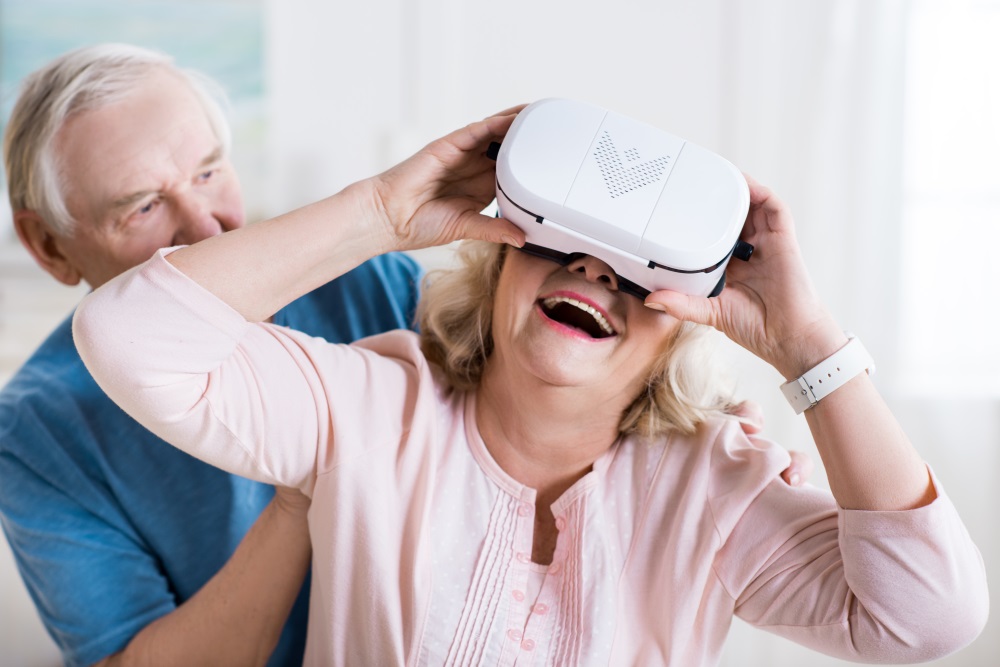There are many great rivalries around the world: Packers vs Vikings, Real Madrid vs Barcelona, PlayStation vs Xbox, Stark vs Lannister… you know where we are going, right? But, there’s one rivalry out there that, even though it’s not as public as others, it’s fierce. Day after day, blows are given by each side in the context of an ‘amicable’ contest. Of course, we are talking about Augmented Reality vs Virtual Reality. If you are ever in doubt about which side you are on, you can always check ARinMed’s basic guide through their concepts.

At ARinMed, we have certainly chosen a side. To us, it is very evident that Augmented Reality brings the best experiences, and has had more impact in 10 years than Virtual Reality has in the last 30 years. We are conscious that we probably aren’t at a technological evolutionary point where we can provide a true VR experience, and many people are right to label it a ‘taste’ decision, but there are many aspects that makes us believe that AR is going to win this reality dispute sooner than expected.

It’s not only about the numbers. We aren’t talking about money (although analysts firm Digi-Capital predicts that by the year 2020, AR will generate about $90 Billion US more than VR), but money spending predicts tendencies and growth. Companies like Google (Glass, Magic Leap), Microsoft (Windows Holographic, HoloLens), and even Apple (big surprise coming soon!) are investing heavily on making AR a mainstream thing. That’s a big sign of Augmented Reality’s potential.

But, that’s not what we are talking about. We’ve talked about this in every single article on ARinMed since the very beginning – AR is versatile, adaptable, and diverse. Augmented Reality goes from projects with budgets in the millions of dollars, to a person with their smartphone toying around with the possibilities (and making groundbreaking achievements during the process, attributed only to a strong human imagination). It’s not that Virtual Reality can’t be used for multiple purposes, it’s simply that, as it concept implies, it’s trapped and locked in a virtual space, which limits its applications to just that.

How does that apply to medicine? The answer is: how does it not? Medicine is all about the contact and relationship between two persons: the patient and the caregiver. Although you can modify VR to adapt to that, you are going to take away the context where these two people interact, and that’s precisely what AR does not do. AR is a vehicle where the context is augmented, where technology is used to bring up new ways to perceive the medium, to gain insight we couldn’t have in another way. It’s because of this reason we believe AR is going to heavily impose itself into healthcare within the next few years.

We could talk about this dispute for a really long time, but we firmly believe AR is going to take over the spotlight in medicine (and many other fields) in the near future.
Do you have any doubts or feedback? Let’s chat in the comments section!









I couldn’t agree more!
Agreed!